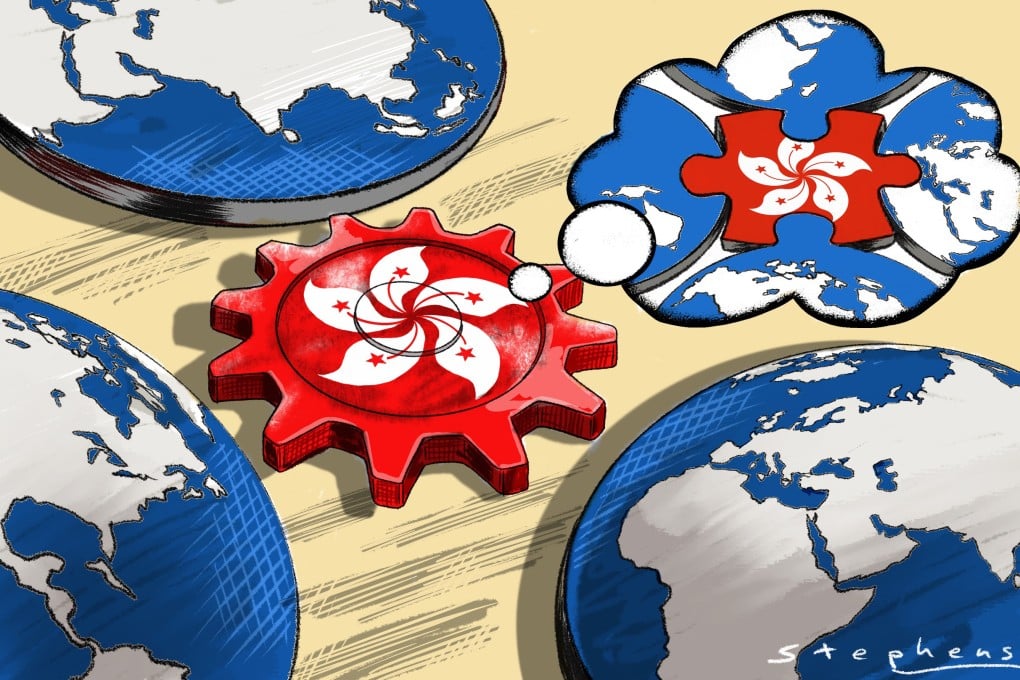Advertisement
Opinion | Why Hong Kong is not ‘over’ but must adapt to a changing world order
The city has come to the end of its post-war growth trajectory and must lean on its strengths to find its place in the world
3-MIN READ3-MIN

In his latest Bloomberg interview, former Morgan Stanley Asia chairman Stephen Roach said the escalating US-China conflict is providing Hong Kong with “more of an opportunity than a threat, as I had originally envisioned”.
That was seen as a revision of his controversial remark in February 2024 that “Hong Kong is over”. Such pessimism was not the first of its kind: recall Fortune magazine’s cover story headlined “The Death of Hong Kong” in June 1995, only to confess that they were wrong in a June 2007 article, “Oops! Hong Kong is hardly dead”.
Roach argued previously that Hong Kong’s demise reflected the confluence of three factors: domestic politics, the China factor, and global developments. He saw China’s post-2019 clampdown as removing any remaining semblance of local political autonomy. Hong Kong was also caught in the US-China crossfire and the spillover of mainland economic slowdown stemming from debt, deflation and demography.
Advertisement
Now, recognising the local stock market rebound, Roach has emphasised Hong Kong’s unique position as China’s most important window to international finance such that it is “experiencing maybe a revival because of its Chinese characteristics, not in spite of it”. But that feature of the city has not changed over time. Only the context might change.
The question is whether the city is suffering a temporary setback or walking down a gloomy path. China is indeed the deciding factor. Like other pessimists, Roach held bleak assumptions about China’s economic future and a linear interpretation of international politics. His latest statement has not clarified his real position.
Advertisement
Meanwhile, the shortsighted and disruptive policies of US President Donald Trump have altered the rules of engagement globally. China has taken up the challenge to move for deepening reforms and strategic readjustments, whether in consumption, investment or industrial policy.
Advertisement
Select Voice
Select Speed
1.00x
